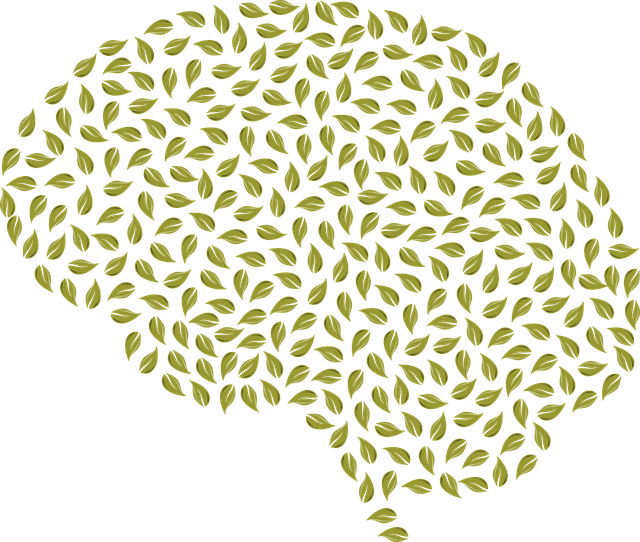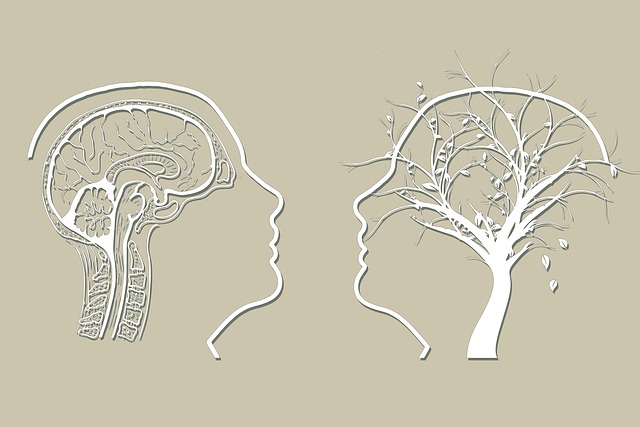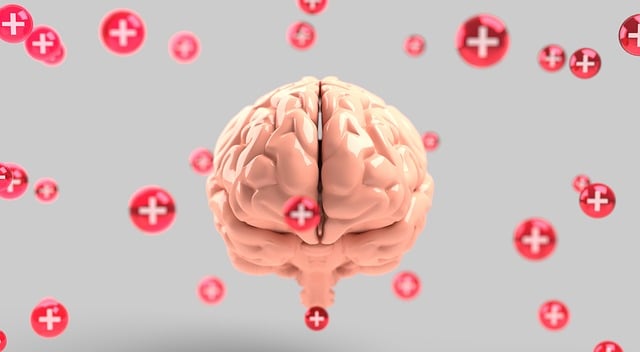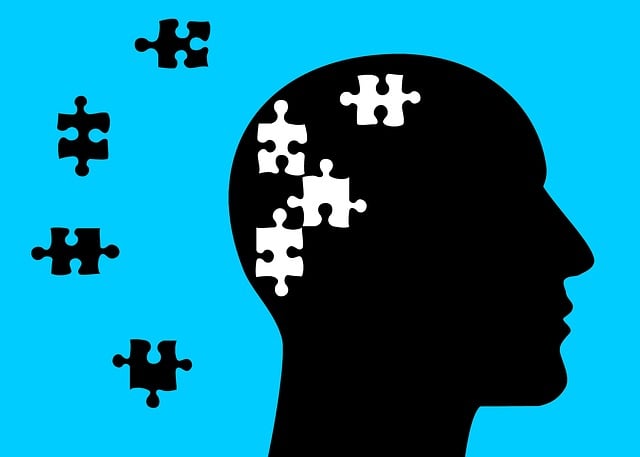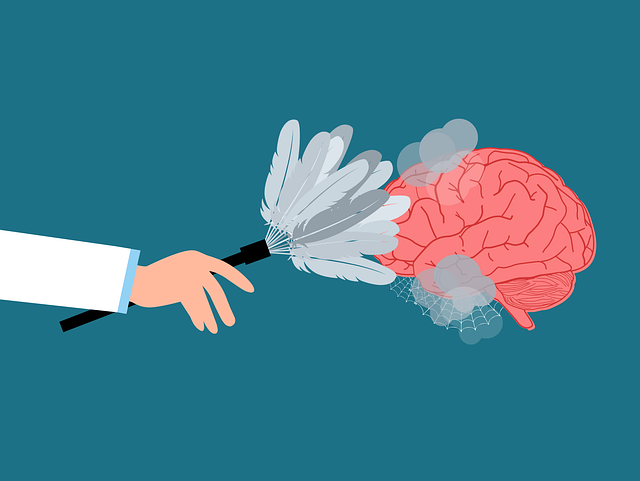Mental health policy interventions, focusing on accessible evidence-based practices like therapy sessions, support groups, and stress management workshops, are crucial for empowering elderly individuals with chronic illnesses to manage their conditions effectively. Despite awareness, existing policies often fail to support seniors' mental health needs. Advocacy for integrated mindfulness meditation and tailored mental health education programs can break down stigma and improve well-being. Successful case studies prove that specific initiatives for elders, combining therapy with holistic approaches, significantly enhance quality of life by addressing unique challenges and needs related to chronic illnesses.
Mental health policy plays a pivotal role in shaping the well-being of elderly populations with chronic illnesses. This article delves into the intricate relationship between mental health initiatives and their profound impact on this vulnerable group. We critically analyze current policies, highlighting gaps that hinder access to essential therapy services for elders suffering from chronic conditions. Furthermore, we explore effective advocacy strategies and successful case studies, offering insights into revolutionizing mental health care for our aging population. Discover how improved policy analysis and advocacy can enhance therapy accessibility, fostering better outcomes for elders managing chronic illnesses.
- Understanding Mental Health Policy and its Impact on Elderly Populations with Chronic Illnesses
- Gaps in Current Policies: A Critical Analysis
- Effective Advocacy Strategies for Improving Access to Therapy Services
- Case Studies: Successful Implementation of Mental Health Initiatives for Elders
Understanding Mental Health Policy and its Impact on Elderly Populations with Chronic Illnesses

Mental health policy plays a pivotal role in addressing the unique challenges faced by elderly populations with chronic illnesses. These individuals often experience heightened stress and anxiety due to their medical conditions, which can exacerbate symptoms and hinder overall well-being. Effective policy interventions focus on improving access to tailored therapy for elders suffering from chronic ailments, such as depression and anxiety disorders.
By implementing evidence-based practices, including specialized therapy sessions, support groups, and stress management workshops organized by healthcare organizations, policy makers can empower the elderly to manage their conditions effectively. These initiatives not only aim to reduce symptoms but also boost confidence and improve coping mechanisms. Targeting depression prevention through proactive measures ensures that the elderly receive the necessary tools for maintaining mental resilience in the face of chronic illness.
Gaps in Current Policies: A Critical Analysis

Despite significant strides in mental health awareness, current policies often fail to address critical areas, particularly when it comes to elderly populations managing chronic illnesses. The lack of comprehensive support systems leaves many seniors struggling with access to quality therapy and tailored treatment plans. This gap is further exacerbated by a dearth of programs focused on stress management and inner strength development – essential tools in navigating the challenges that come with age and illness.
Mindfulness meditation, as a proven strategy for reducing stress and improving mental resilience, remains underutilized in mainstream healthcare. Incorporating such practices into standard care could significantly enhance the well-being of elderly individuals grappling with chronic conditions. By recognizing these gaps and advocating for evidence-based interventions, we can ensure that policies better serve those most vulnerable, ultimately fostering a more holistic and effective approach to mental health advocacy.
Effective Advocacy Strategies for Improving Access to Therapy Services

Advocacy plays a pivotal role in shaping mental health policies and improving access to essential therapy services, especially for vulnerable populations like elders suffering from chronic illnesses. Effective strategies can drive significant changes in healthcare systems, ensuring that those dealing with depression or other mood disorders receive timely intervention. One powerful approach is raising awareness through mental health education programs design tailored for older adults, highlighting the importance of early intervention and debunking stigma associated with seeking therapy. By integrating these programs into community settings, we can foster open conversations about mental well-being.
Additionally, advocating for policy changes that prioritize funding for specialized therapy services catering to elders with chronic illnesses is imperative. This includes pushing for insurance coverage that reduces financial barriers, such as deductibles and co-pays, making therapy more accessible. By combining awareness initiatives with policy advocacy, we can create a holistic approach to depression prevention, ultimately enhancing the overall mental health and well-being of our aging population.
Case Studies: Successful Implementation of Mental Health Initiatives for Elders

In recent years, numerous case studies have demonstrated the successful implementation of mental health initiatives tailored specifically for elders, highlighting the growing recognition of the unique challenges and needs of this demographic. These programs address not only common mental health issues among seniors but also focus on integrating therapy for chronic illnesses, a significant aspect of eldercare. Effective strategies include Mental Wellness Coaching Programs Development, which provides personalized support to enhance emotional well-being. By combining therapy with holistic approaches, these initiatives have shown remarkable outcomes in improving the overall mental wellness of elderly individuals.
Successful cases emphasize the importance of Communication Strategies tailored for this age group, ensuring that services are accessible and appealing to elders. Emotional Well-being Promotion Techniques, such as group therapy sessions and community outreach programs, foster a sense of belonging and purpose, addressing social isolation common among seniors. These case studies serve as powerful examples, demonstrating that prioritizing mental health in older adults can lead to profound improvements in their quality of life.
Mental health policy plays a pivotal role in addressing the unique challenges faced by elderly populations with chronic illnesses. By understanding the impact of current policies and identifying critical gaps, we can advocate for more effective initiatives that enhance access to therapy services tailored to the needs of this vulnerable group. The case studies presented demonstrate the potential for successful mental health programs, highlighting the importance of advocacy in ensuring elders receive the support they deserve. Through strategic interventions, we can revolutionize care, fostering improved well-being and quality of life for those managing chronic conditions. Focused efforts on policy analysis and advocacy are essential to provide therapy for elders with chronic illnesses, ultimately enriching their lives and contributing to a more inclusive society.



